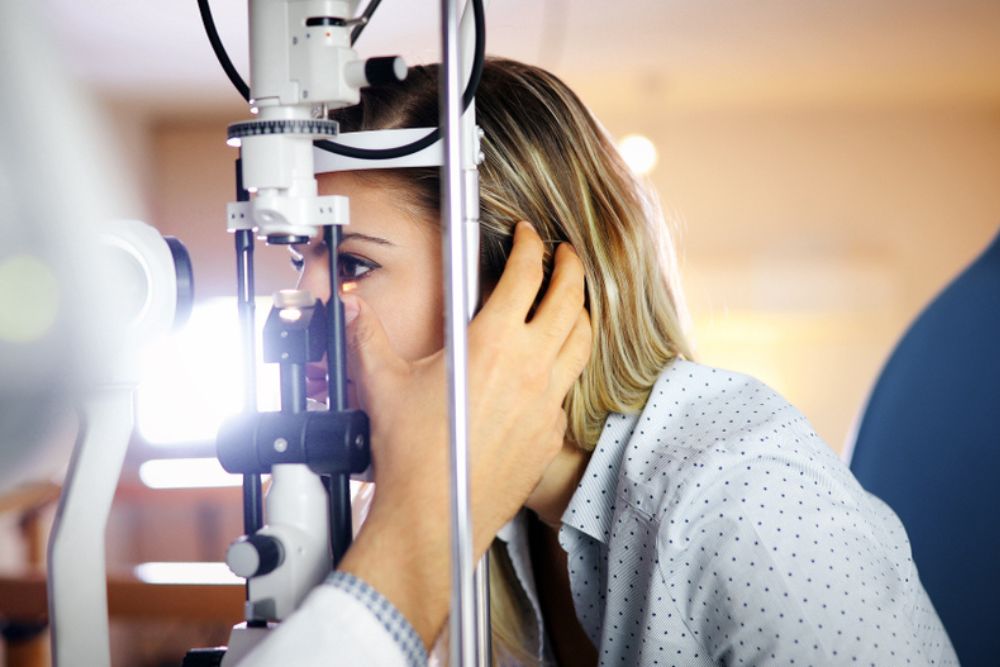Eyesight is one of our most treasured abilities. Yet it’s difficult for some people to get proper eye care and sufficient health insurance coverage for vision. Here’s a look at why vision isn’t completely covered by a health plan, creating an unequal playing field that hurts low-income groups.
Understanding Basic Eye Care
Many kids start out with 20/20 vision, but as they grow up their vision declines, either due to lifestyle or genes. Eye care is fairly expensive when you consider the cost of customized glasses and contact lenses. The air puff test for glaucoma and regular checkups add to the costs. Overall, vision is considered a premium option for already expensive health insurance.
Since eye doctors are so expensive, vision is often treated as a separate insurance plan. The majority of Americans actually choose to pay out-of-pocket expenses when they see an eye doctor since the insurance coverage is so expensive anyway.
Optometrists vs. Ophthalmologists
Eye patients typically don’t know the difference between an optometrist and an ophthalmologist. The big difference is that optometrists are eye doctors who handle exams, diagnosis, and treatment basics. If you need special treatment, you’ll be sent to an ophthalmologist, who is a medical doctor. This type of specialist performs eye surgery for advanced eye conditions such as cataracts and glaucoma.
A vision insurance plan often covers an optometrist visit once per year, which will at least help define the condition of your eyes. Without this annual examination, vision problems can go overlooked, leading to more serious eventual conditions. Many people who think their vision is fine and don’t want to pay for vision care often skip the annual optometrist meeting.
State of U.S. Vision Insurance
About half of Americans avoid vision coverage, making an annual visit to an optometrist an out-of-pocket expense. About 40 percent of Americans say the reason for not regularly seeing an optometrist is due to high cost or lack of vision coverage. If you are diagnosed with an eye disease, most health insurance plans cover the surgery and medication.
Nonetheless, without seeing an optometrist, it’s likely you will never be referred to an ophthalmologist to treat serious eye conditions. Many people don’t find out they have cataracts or glaucoma until it’s too late. Even a senior who relies on Medicare or Medicaid may have trouble affording the vision plan they need, as these government programs don’t include eye exams.
Conclusion
Ultimately, the divisions in the healthcare system and high costs shut many lower-income earners out of getting proper vision care. At Donald Weiss Insurance Services, we’ll help you learn your options surrounding vision insurance. Contact us today to learn more!

